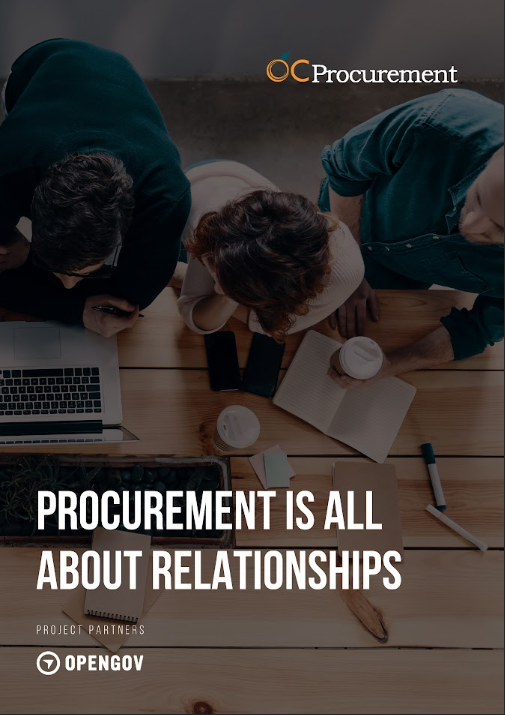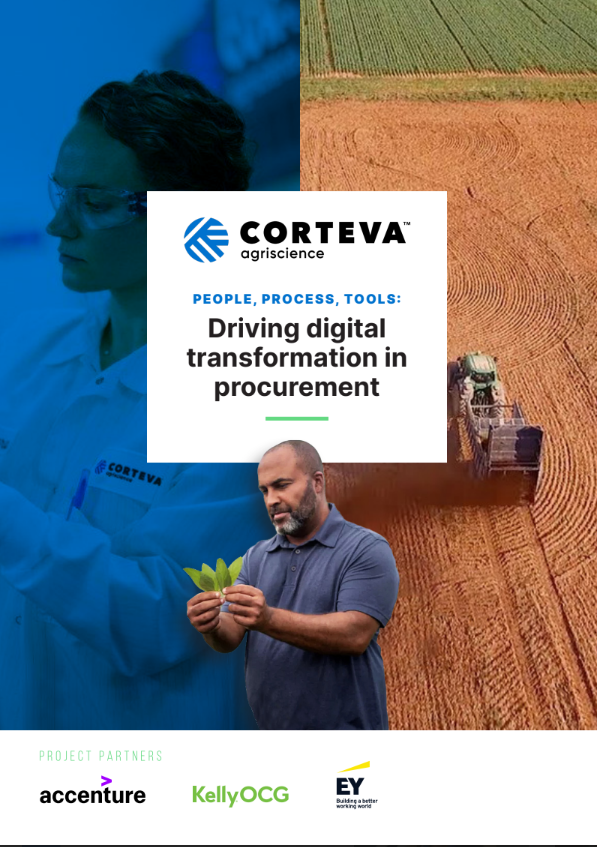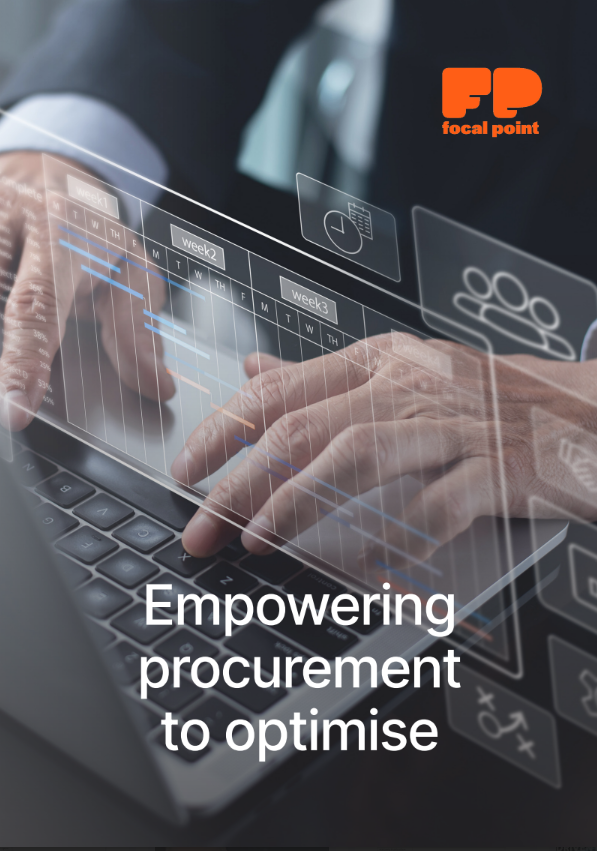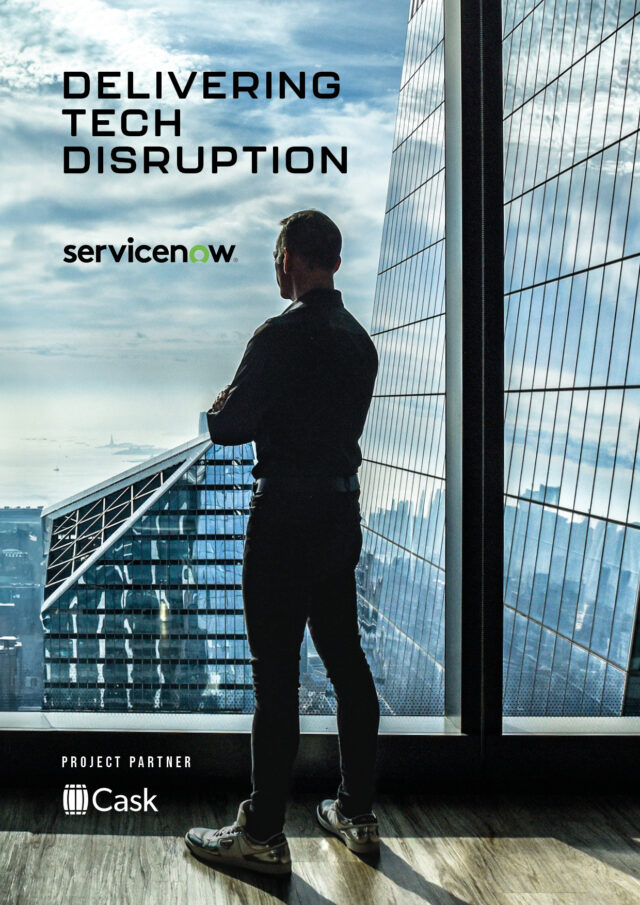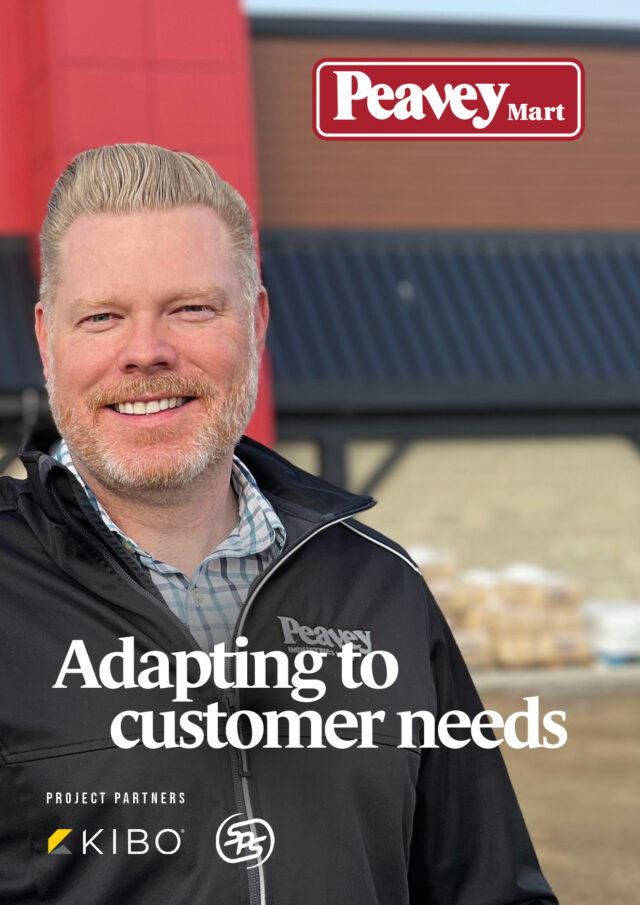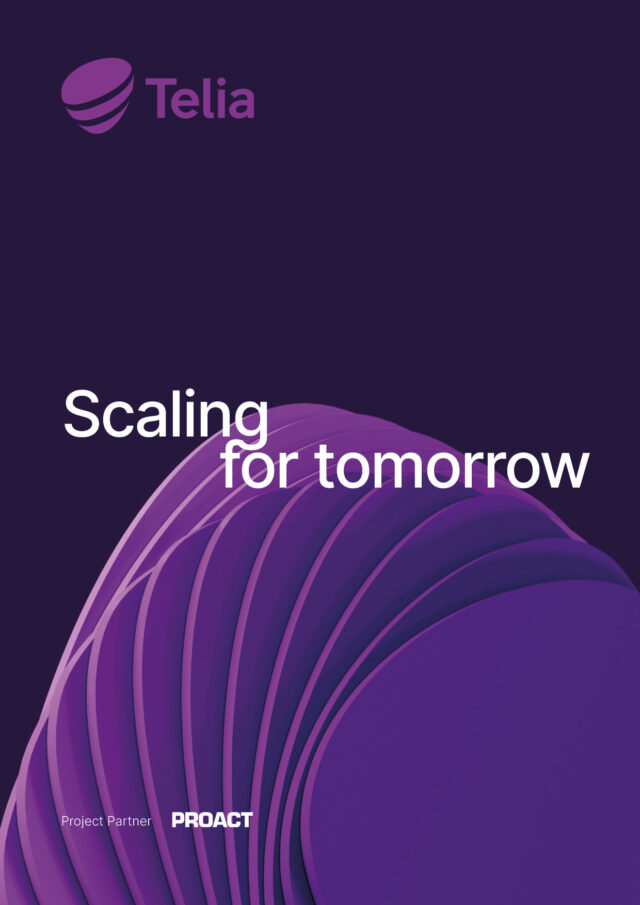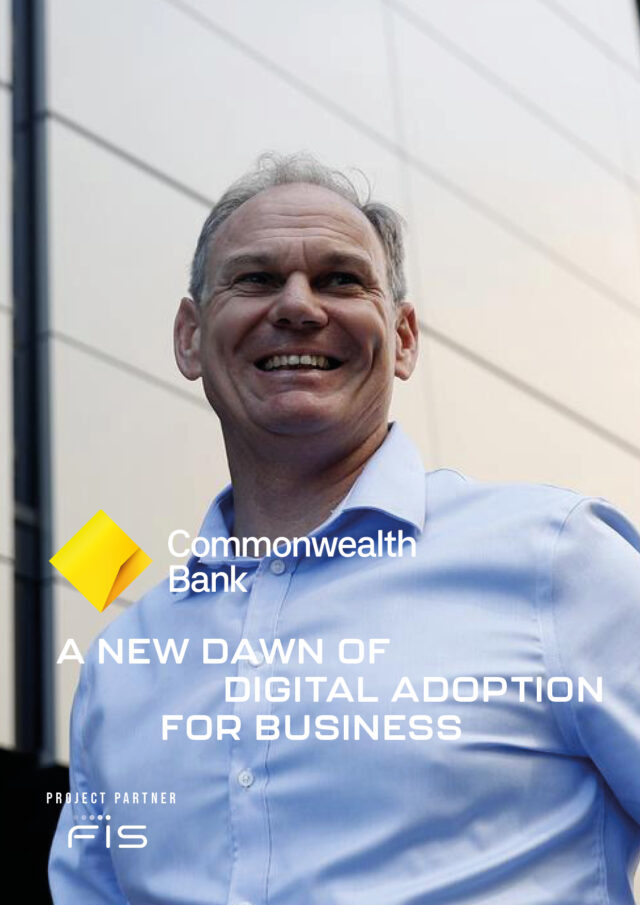Digital transformation (DX) in insurance is said to be lagging behind the rest of the Japanese financial industry, but there is one insurer that is responding to rapidly evolving digital technology and promoting its own transformation. Aflac Life Insurance Japan Ltd. (Aflac) is currently accelerating its DX efforts and making the most of new digital technologies to provide new value to its five major stakeholders — its customers, business partners (agents, etc. who sell insurance), employees, society and shareholders.
We spoke to Tohru Futami at Aflac’s Tokyo office about the background and purposes behind Aflac’s major digital transformation.
In his role as Aflac’s Director, First Senior Vice President and CDIO (Chief Digital Information Officer), Mr Futami is in charge of the Systems Division and Digital Innovation Division. “In the past few years, digital technologies such as AI, IoT and 5G have been developing at a remarkable pace,” he tells us. “In addition, COVID-19 has led to the diversification of people’s lifestyles and values, and as a result, the needs of customers and agencies have become even more diverse. We needed to accelerate DX in order to respond quickly and flexibly to these diversifying needs.”
The Japanese insurance industry has tended to be cautious about adopting digitalized operations and innovations, and Aflac Japan is trying to change that. Mr Futami says “It’s important for companies to promote digitalization. DX is essential for business transformation, and we should convert our management to a digital premise.
“The Aflac management team believes that DX is an integral part of business transformation and that DX itself is a corporate strategy. In the past, the Japanese insurance industry has been considered slow to digitalize, but in the last couple of years, digitalization efforts have accelerated rapidly,” he reveals.
“Various insurance companies are hiring human resources externally, leveraging their knowledge and experience and advancing digitalization that had not been possible independently. Recently, major Japanese insurance companies have been actively investing in AI and health tech venture companies, forming business alliances with them, and making good use of the technology and human resources of venture companies. This trend is accelerating at our company, and we are expecting great results in the future. We hope that our current investments and efforts will bear fruit next year and the year after, leading to improved customer and agency services and greater operational efficiency,” Mr Futami says.
Mr. Futami has been in the life insurance industry for a long time, gaining expertise and experience in systems and operations. He worked for AIG for more than 20 years, then at MetLife and Mitsui Life Insurance (now Taiju Life Insurance), before coming to Aflac. Mr. Futami details Aflac Japan’s approach to DX… “I tell all Aflac employees that ‘DX is a useful way to deliver new value to our five major stakeholders, The reasons for our commitment to DX are clear. We are accelerating DX in order to continue to provide new value to our five major stakeholders based on our founding philosophy of helping save cancer sufferers from economic hardship, respecting people, complying with laws and regulations (compliance) and our brand promise of ‘Creating living in your own way’.
Aflac Japan’s DX strategy consists of three pillars: DX in its core life insurance business, DX in new areas that go beyond insurance and the strengthening of its DX promotion framework, including the training of DX personnel and the development of system infrastructure.
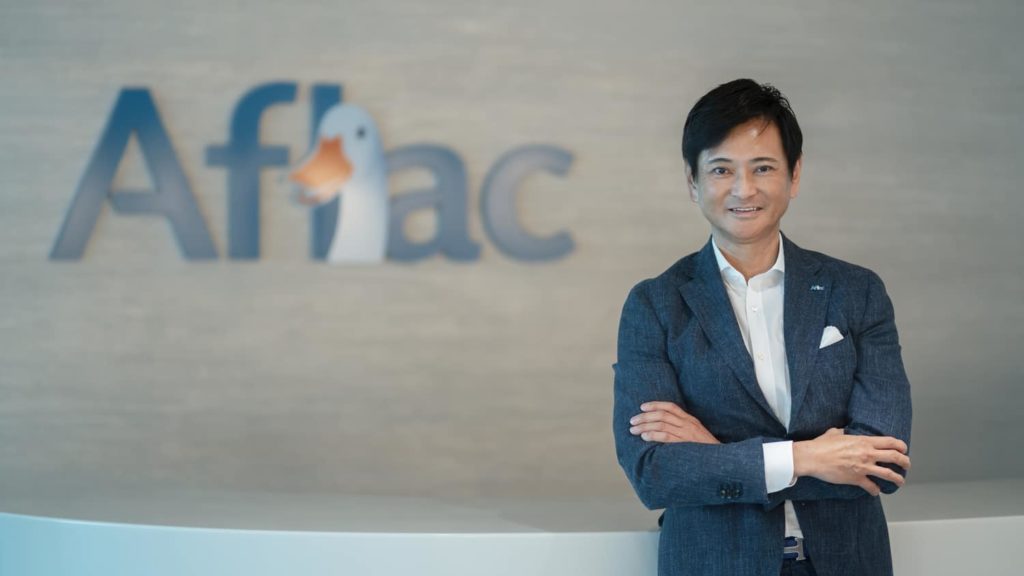
“Let me explain the first pillar, ‘DX in the life insurance business,’ in more detail,” Mr. Futami continues. “There are four strategies in DX in the life insurance business. The first strategy is to further accelerate the use of fintech and insurtech. It is about improving customer service and operational efficiency through open innovation and the use of AI and IoT in collaboration with fintech companies. The second strategy is to further improve UI and UX from the customer’s perspective. The third strategy is to make use of the data we have, especially on cancer, perhaps the most in Japan. However, we have not been able to fully utilize this data until now. We have data regarding physicians, hospitals, and medicine, which we are leveraging in our life insurance business for new product development and customer service improvements. The fourth strategy is to automate system development. In order to provide services in a speedy manner, we believe it is necessary to automate human work in the system development process, while speeding up system development and improving quality. That’s why we will focus on ‘DevOps’ (a term coined from a combination of development and operations).”
The second pillar is ‘DX in new domains’ beyond the insurance framework. “We are trying to utilize DX in new business fields other than the life insurance business,” Mr Futami explains. “But when I say new business, I don’t mean suddenly selling cosmetics or sweets. Rather, it means utilizing digital technology in new businesses that suit our brand promise of ‘Creating living in your own way’. For example, we could build an ecosystem with companies in the health and care sector to provide a range of health-related services to customers in addition to life insurance products.
“In this field, building ecosystems is a major theme. For example, building an ecosystem with health technology venture companies, or with companies that have medical technology for cancer screening. As a concrete example, we have already partnered with a venture company that offers a test for cervical cancer.”
The third and final pillar is for Aflac Japan to strengthen its DX promotion system. “The main themes are to strengthen our system infrastructure and reform our organization and human resources. In terms of system infrastructure, we are building a common API platform in order to create various ecosystems. In addition, considering the further acceleration of DX in the future, it is urgent for us to develop DX human resources. To this end, we have developed a new employee training program and plan to strengthen DX human resources training not only for system employees, but also for employees in each division. We will also need to recruit human resources from outside the company. We have a great blend of Agile operations and DX,” he enthuses.
“We used to operate with a ‘waterfall’ model,” he explains. “Our organization has been designed in ‘silos’. Although we had a system of execution based on detailed planning, the system sometimes lacked flexibility and speed, and our business operations were more concerned with internal stakeholders than with improving the value of the customer experience. We needed to break through this and respond flexibly and speedily to customer needs, even amid rapid changes in the social environment and intensifying competition. That’s why we made the decision to move to Agile operations about three years ago.”

According to Mr Futami, the transformation of the company’s operations has been challenging, but the introduction of a cross-functional organizational model and a decision-making model for speedy decision-making has enabled them to provide new services and speed up business transformation through DX. “Our agile operations are accelerating DX. In order to promote DX, it is very important for the top management of a company to send out messages to all employees and for the top management itself to promote DX,” says Mr. Futami.
“In the case of our company, I think the fact that our President Masatoshi Koide repeatedly sends out a clear message to all executives and employees that we are promoting DX in order to realize our vision has led to positive results. I also explain in detail to all employees what DX is, and why we are promoting it. In addition, we have also been carrying out e-learning-based training for all employees, including senior management. I think all of this has been very effective.
“To promote DX, we also need to change our infrastructure,” Mr. Futami explains.
“The use of various cloud technologies is important for DX. For example, we have completely shifted our workflow operations, which used paper and Excel, to ServiceNow, which is designed to be paperless. We also use Salesforce, Microsoft Azure, and Amazon AWS, and I believe that the use of these cloud services is essential to accelerate DX. Automation of system development also is important. Tools such as Jenkins, UFT, and ALM have streamlined the process from system development to system production. The world we should be aiming for is one in which the system is in production the moment we press a data key. Such system environment is gradually coming into place.
“The use of ‘APIs’ and ‘AI’ also is important. In building ecosystems and collaborating with fintech companies, APIs will be a key element when linking with their respective systems. It is important to have common APIs in place so that we can easily connect to other companies’ systems.
“In addition, AI is now an indispensable part of creating applications. There are different types of AI technologies available, and I believe that AI will continue to be used in various digital services and become an indispensable part of DX. However, in order to make the best use of AI, it is essential to create rules for its use.
“When we develop new services using these digital technologies, we don’t make big investments all at once with a big bang approach; we start small and evolve the system as we check the effectiveness. We also get feedback from our customers and users to make course corrections and implement them quickly, so we are able to create value quickly and flexibly.
“Also, we don’t invest in PoC (Proof of Concept) which takes about three to six months, because we can’t spend a year on system development to keep up with rapidly evolving digital technologies and environmental changes.
“Aflac’s new service for policyholders, the Digital Payment Platform (Aflac Wallet), which was launched in March 2021, was developed in about five months. We were able to develop and implement the system quickly by taking full advantage of internal and external resources, API integration with external parties, and Agile operations.”
In order to succeed in DX, it is necessary to utilize new technologies and digitize, but it is also necessary to consider the interface between people. What is Mr. Futami’s view on this?
“Life insurance is about people’s lives and health, so human connection and communication are necessary,” Mr. Futami explains.
“It’s possible to digitalize everything, but I think it’s important to combine digital and human. Right now, as COVID-19 is spreading, human-to-human contact is decreasing. When COVID-19 comes to an end, I believe we will be living in a world where digital and real (channels) are integrated.
“Therefore, we want to further strengthen our engagement with customers and agencies. We hope that by promoting DX, we can increase touchpoints with customers, which will lead to better customer service and increased insurance sales.”

According to Mr. Futami, in order to achieve business transformation through the promotion of DX, it will be necessary to develop DX human resources within the company, recruit human resources from outside the company, and establish partnerships with outside companies.
“In Japanese culture, there is a tendency to be afraid of failure, but it is more important to take on challenges. When introducing a new service or digital technology, start small, be flexible and adjust as you go. This means allowing for a certain amount of failure and valuing the spirit of challenge. Give authority to young employees and let them take on challenges. I believe that small successes lead to big successes, and in the process employees grow steadily.
“We are recognized externally as one of the most proactive DX companies in Japan. As a result, more and more people want to join us to drive DX.
“We have a partnership with a venture company called EXAWIZARDS, which has AI technology, and are using its proprietary DX training program (primarily data analytics training).
“We are also collaborating with a Japanese venture called XENERA, which has advanced digital technology and engineers, and overseas ventures such as Intumit (Taiwan) and CallVU (Israel). We are actively using their digital technologies in our insurance services, achieving positive results.”
What advice would he give to CIOs and CDOs who want to achieve business transformation by driving DX?
“First of all, we want people to know that we are working on DX to deliver new value to our five major stakeholders and that DX is a means to an end, not an end in itself. Again, Aflac has core values, which are expressed in its founding philosophy, corporate philosophy, and brand promise of ‘Creating living in your own way’. Because DX is a means to achieve these values, it is important that our objectives are clear and that they are understood by our employees. DX also requires a departure from a do-it-yourself approach. It is important not only to develop our own systems, but also to use cloud and open innovation with companies that have the technology to deliver value quickly.
“Last but not least, it’s about building a strong and trusting relationship with top management. DX is a corporate strategy, and it won’t work unless all employees are looking in the same direction. I am very fortunate to be able to do things freely and spontaneously under the guidance of top management. However, it goes without saying that I am responsible for best processes, reporting and results. I hope that CIOs and CDOs take proactive action and promote DX with a strong conviction that they will develop and lead management strategies themselves.”


